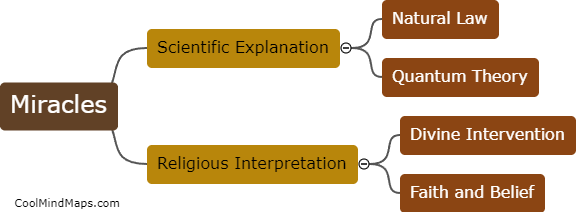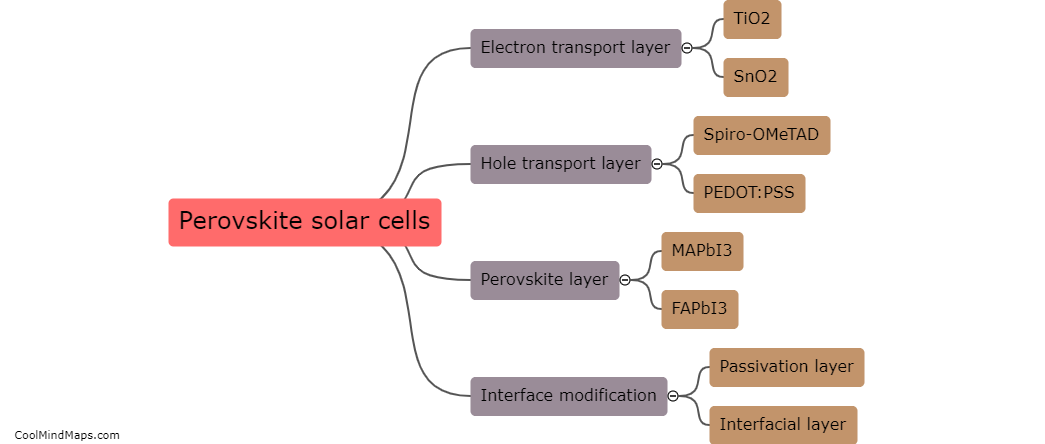How are directional and non-directional hypotheses different?
Directional and non-directional hypotheses are two types of hypotheses used in scientific research. A directional hypothesis predicts the direction of the relationship between variables, stating that one variable will have a specific effect on the other. In contrast, a non-directional hypothesis simply states that there will be a relationship between variables, without specifying the direction of that relationship. In other words, a directional hypothesis makes a specific prediction, while a non-directional hypothesis does not. Researchers choose between these two types of hypotheses based on their prior knowledge of the variables being studied and the specific research question being investigated.

This mind map was published on 13 August 2024 and has been viewed 87 times.











